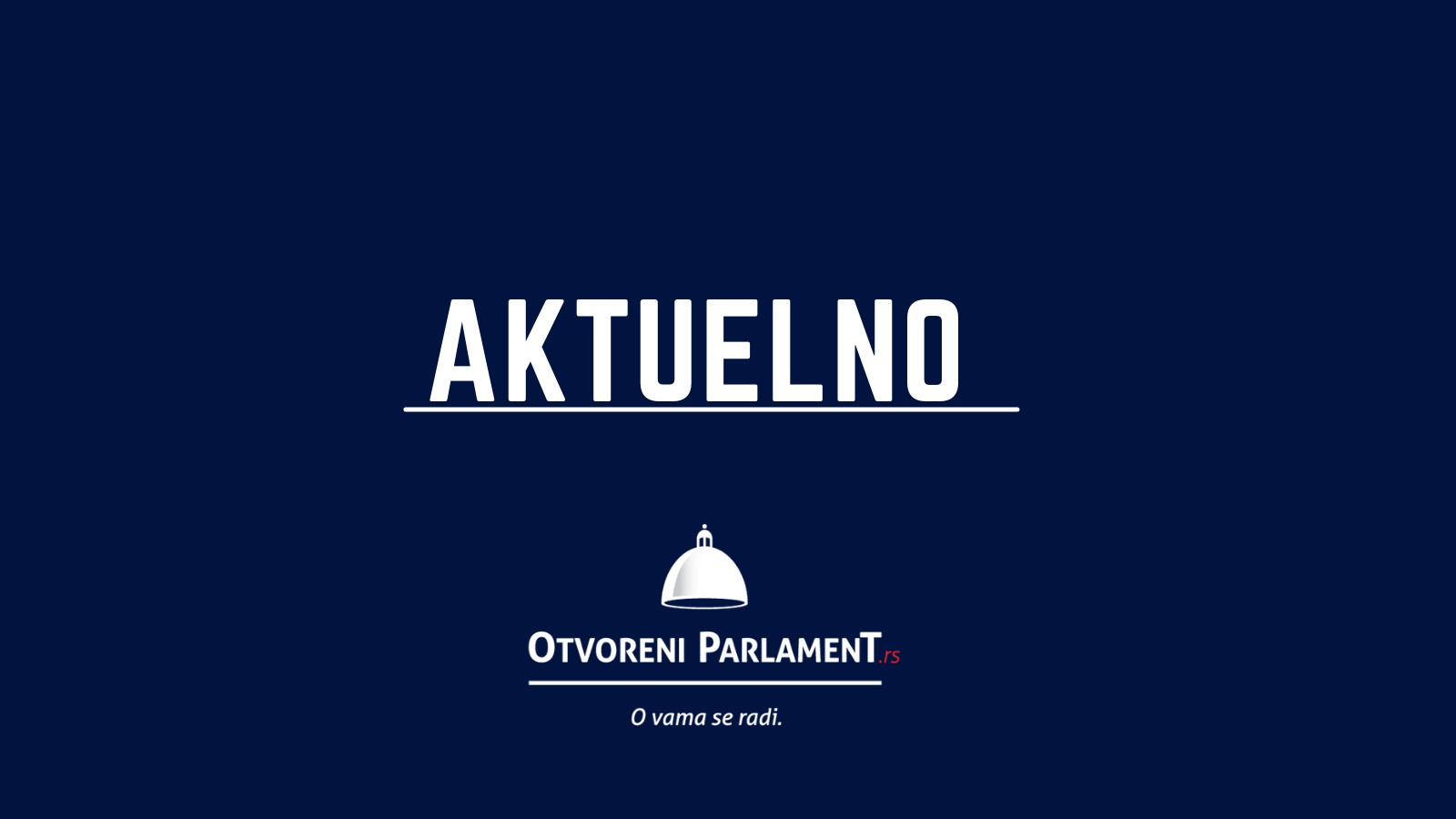
The amendments to the Code of Conduct for MPs, which were adopted today in the Serbian Parliament, are yet another confirmation that there is no political will to improve the climate in the Parliament, but that it is a move that only formally fulfils the recommendations of international institutions.
The Code was amended in the same way as it was adopted in December 2020 – overnight, without public involvement and by urgent procedure, partially responding to only a few recommendations of national and international organisations. As stated in the explanation of the proposal, the main reason for the adoption of the changes is the fulfilment of the recommendations of GRECO (Group of States of the Council of Europe for the Fight against Corruption), but also the initiative of the Government. In other words, the Assembly of Serbia did not see shortcomings in the previous nine-month application of the Code of Conduct on its own and for the sake of protecting the public interest and restoring the trust of citizens in its work, but this document was used to obtain quick points in international reports.
Let us remind you that this parliamentary convocation with the least pluralism in the last 30 years suddenly decided to adopt the Code of Conduct in the Assembly of Serbia, after a decade of delay. At the same time, the MPs who adopted it do not cease to abuse the rostrum to deal with political dissidents. The MPs do not shy away from inciting narratives about “foreign mercenaries” and “domestic traitors” against independent media and civic activists. The most extreme wave of attacks by the MPs on independent media, public figures and civil society followed just three months after the MPs voted to adopt the Code of Conduct for MPs in the Serbian Parliament.
Because of all this, it is impossible to recognise in the amendments any desire for the Parliament to be a space where the MPs protect the public interest, and not a stage from which hate speech is heard, and intolerance and discrimination spread.
Out of the two novelties introduced by the amendments, one refers to the elaboration of the idea of the Ethics Commission, which is already foreseen by the Code, but has not been established even after nine months from the adoption of the Code. Its role is to give non-binding opinions on violations of the Code. Another novelty is that the warned MP will be punished by reducing the salary by 10 percent, while the penalty for a public warning will be 50 percent of the salary.
We would like to note that since the beginning of the application of the Code, ten charges have been filed against MPs who violated it, both for the use of hate speech, diminishing human dignity and inciting intolerance, and for violating parliamentary procedures. We remind you that all but one of the applications were rejected as unfounded. Unacceptable behaviour of MPs in the Assembly in the past year has not been sanctioned even by the Rules of Procedure of the National Assembly, for the violation of which fines are also provided.